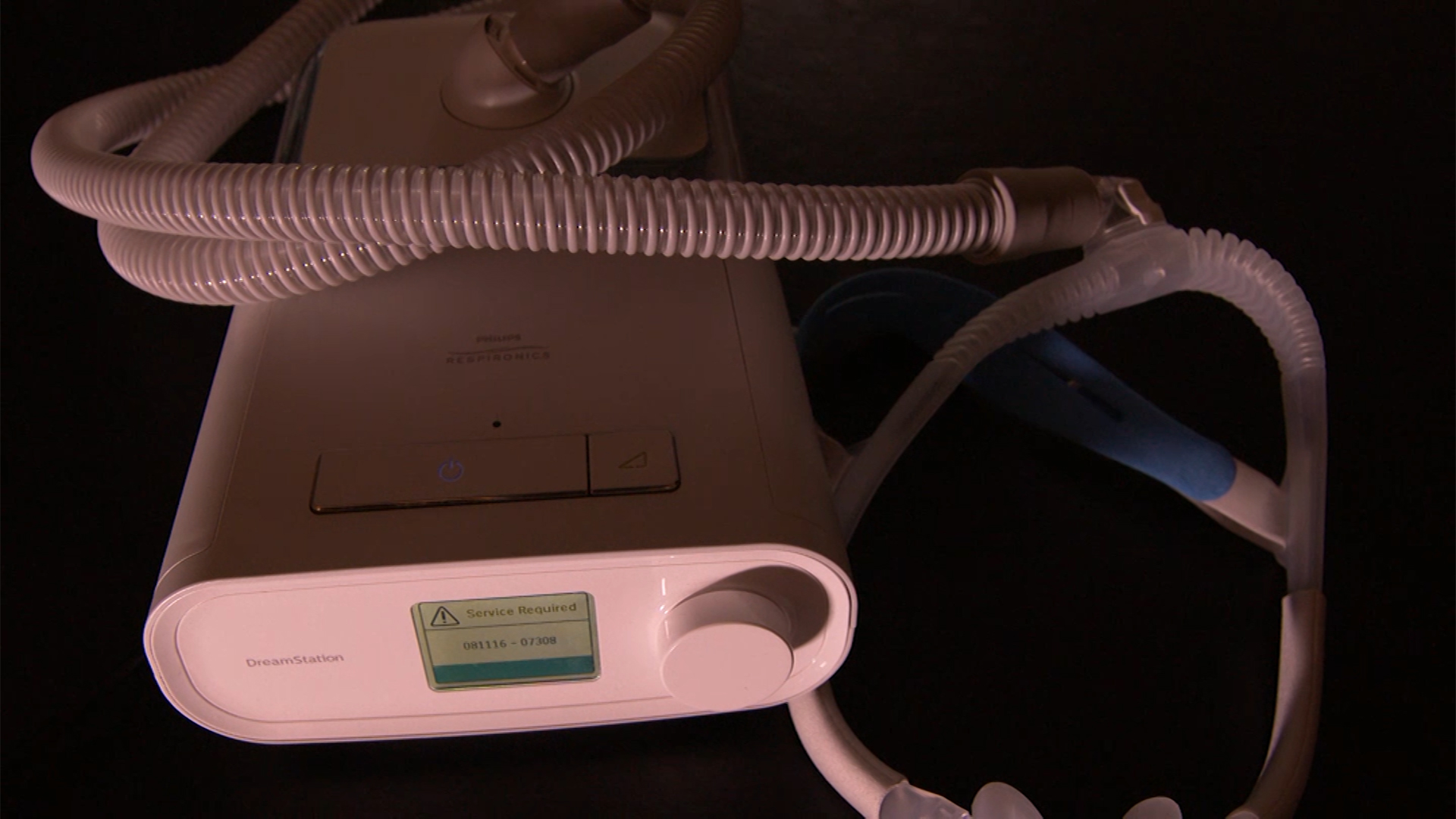As if COVID-19 hasn’t brought enough problems already, with the recent omicron surge comes a new dilemma: concerns surrounding certain pop-up testing sites.
Some of the testing sites on the Illinois' "recommended" list, including pharmacies and hospitals, are booked solid for days, even weeks, and that’s led those with testing needs to seek out other, potentially riskier possibilities.
The new breed of pop-up testing operators across the state of Illinois have prompted words of caution from state officials. So many concerns that Gov. J.B. Pritzker this week ordered the state Attorney General’s office to begin investigating complaints.
“Some of them may be ‘fly-by-night’ pop-up testing where all they're doing is taking the swabs and putting it in,” Pritzker said during a Monday news conference. “Then they're not taking responsibility for how long it takes to get that test back from a lab… that is an enormous problem.”
NBC 5 Responds sought out answers to some of the top questions and red flags to look out for when finding the right location for a rapid or PCR COVID-19 test.
State officials, like Illinois Department of Public Health Director Dr. Ngozi Ezike, fear some locations could be taking advantage of people in a time of need.
“We do want to urge some caution with some of these clinics,” Ezike said. “There unfortunately are those who are taking advantage of these crazy times.”
The business of testing for the coronavirus is still the wild west, when it comes to rules in place.
Collection sites themselves are not regulated, while the labs that actually test samples are.
To cut through some of the confusion, here is a checklist of some questions and answers to keep in mind when finding a testing location:
Feeling out of the loop? We'll catch you up on the Chicago news you need to know. Sign up for the weekly Chicago Catch-Up newsletter.
What is the best way to find a COVID-19 testing location?
Answer: The Illinois Department of Public Health (IDPH) strongly recommends using the locations listed on its website (linked here) when finding a site near you. If you can’t find an appointment at a site listed on the state’s website, officials recommend doing your due diligence and asking questions of non-recommended testing sites before you go in-person.
Can a COVID-19 testing site charge you for a test?
Answer: In some cases, yes. The IDPH said businesses are not allowed to charge for the test itself, but they can charge a fee for administering the test. The Illinois Attorney General’s office said, “Testing sites that charge a fee should be a red flag as there are many sites that provide testing with no out of pocket costs.” Find out if the location plans to charge you for a rapid or PCR test before it takes place.
Should employees at a COVID-19 testing site wear personal protective equipment (PPE) like masks?
Answer: Yes, and if a testing site’s employees are not wearing PPE, this could be a red flag that something is amiss.
Can a testing site ask you for personal identifiable information (PII)?
Answer: A testing site can ask you for your social security number or health insurance details. This information is used by the testing site when seeking reimbursement from the federal government for the cost of the test. State run, community-based testing locations request your social security number but do not require it for testing.
If your results are delayed, or you have problems with your test, what can you do?
Answer: State officials recommend asking a testing site what laboratory they use before you take your test. That way you can contact the lab directly if there’s a problem or delay with your results. It’s important to note that while there’s a surge in testing, labs are backed up with samples. Some delays are expected.
How do you know if a testing site or lab is compliant with federal standards?
Answer: While testing sites are not regulated by state or federal officials, the labs that are actually conducting the tests are regulated and licensed. Labs conducting COVID-19 testing are required to be certified under the “Clinical Laboratory Improvement Amendment” or CLIA. To find out if a lab is certified, ask the testing site for the name of the laboratory it uses and search for the name using this online tool linked here. When you're on the website, click "CLIA Laboratory Lookup" on the left side. When you search a lab's name, a CLIA-certified lab will be labeled as “compliant”.
If you suspect a COVID-19 testing site is breaking the rules, what can you do?
Answer: The Illinois Attorney General’s office is encouraging those who believe they have encountered a testing site that is operating improperly to file a complaint with the AG’s Consumer Protection Division. To learn more or to file a complaint, click here. The AG’s office told NBC 5 Responds it is working with law enforcement to investigate complaints and tips as the office receives them.



